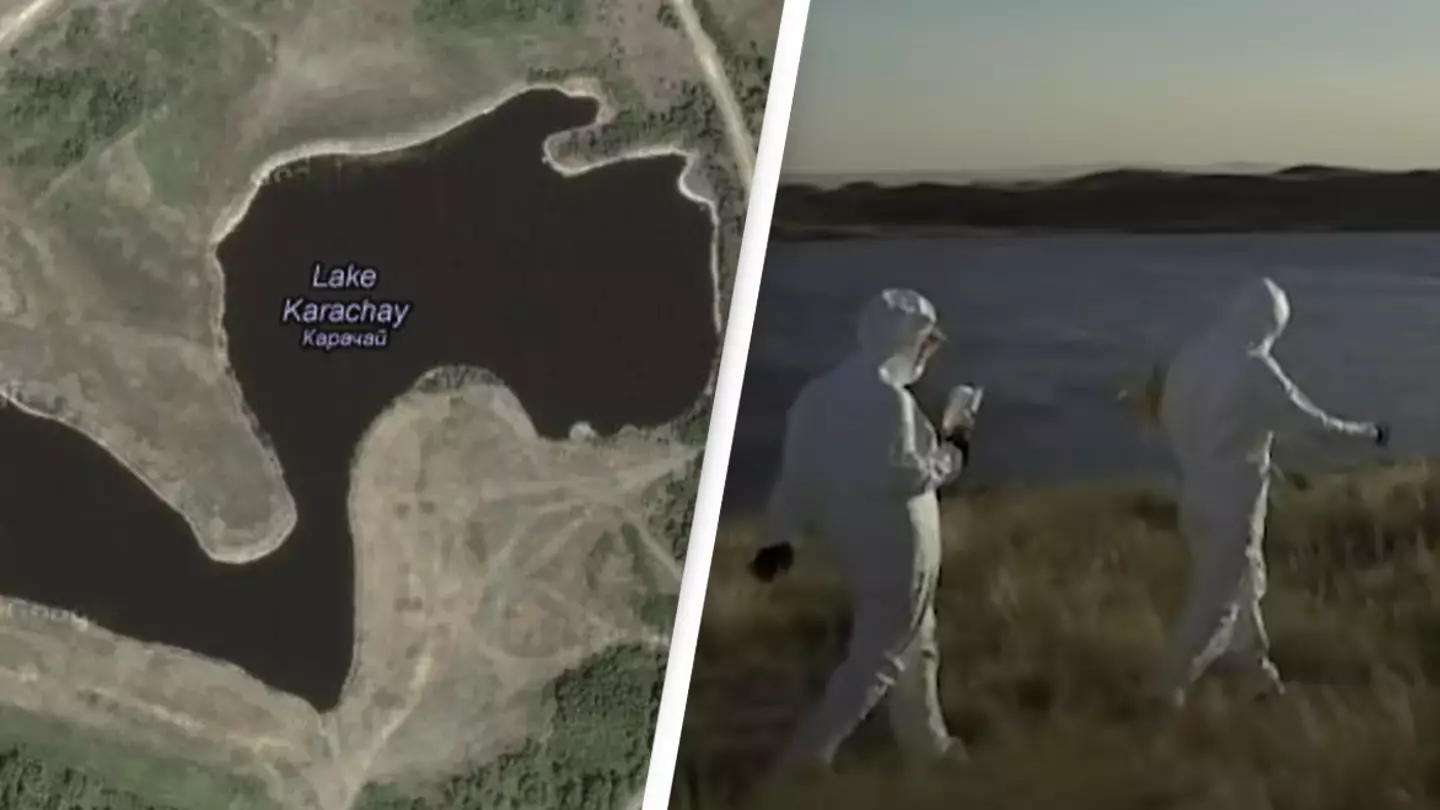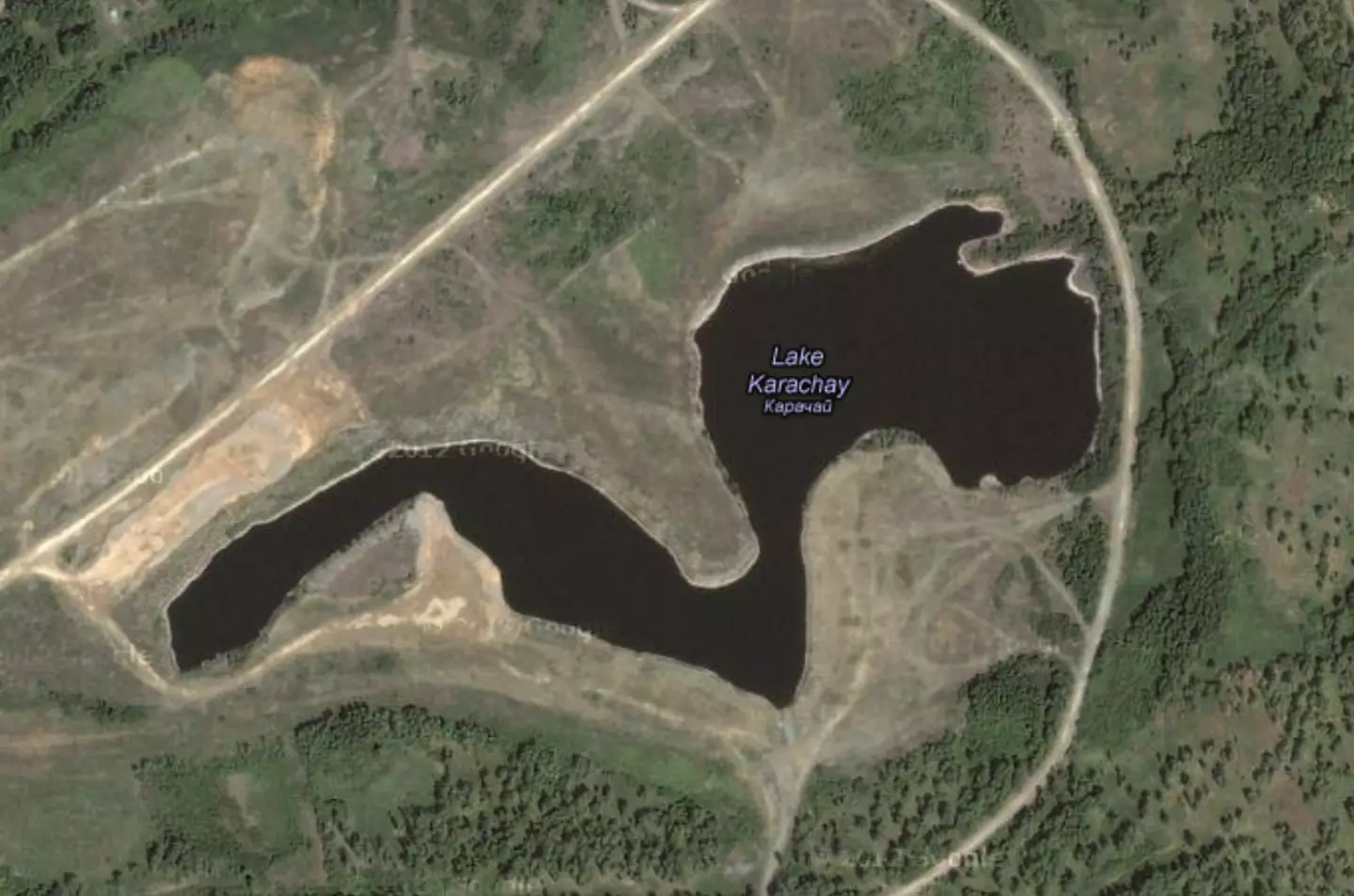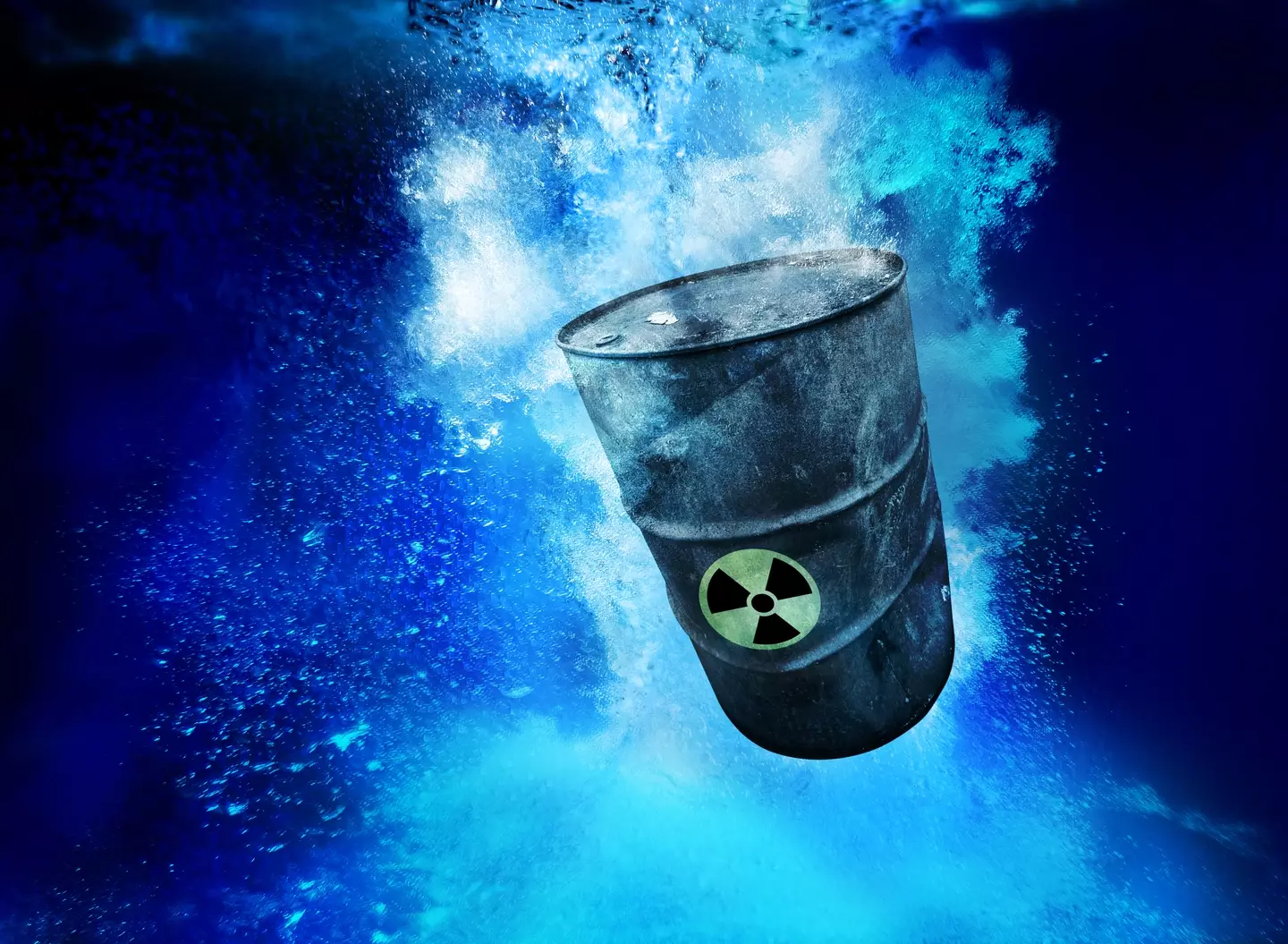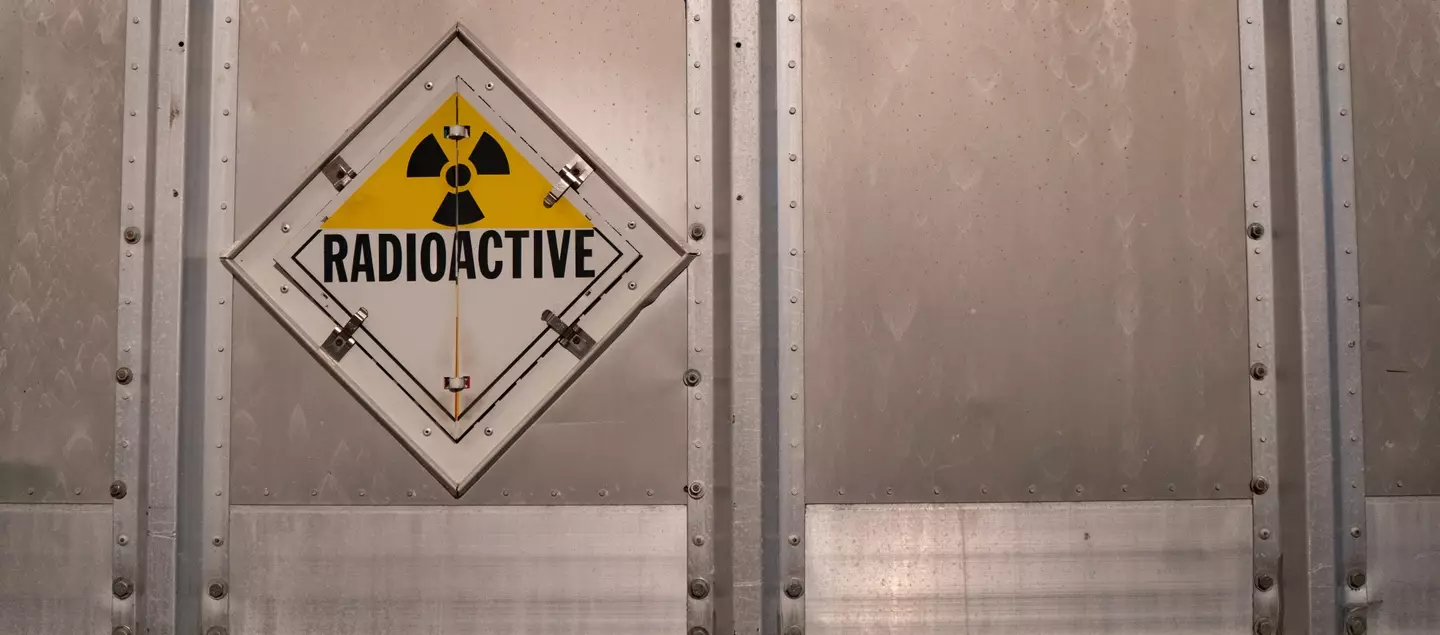
A lake was so radioactive that it could kill people in less than an hour.
Located in Russia, Lake Karachay ended up being used as a dumping ground for radioactive waste.
Before being infilled, the lake was 900 metres in length and 500m wide - a far cry from the world's largest lake, Caspian Sea, which stretches a whopping 1,200 km in length.

Advert
Lake Karachay is just a stone's throw away from what was once Russia's most prominent nuclear weapons factories, Mayak Plutonium Plant.
The crude reactors on the site were designed to create weapons-grade isotopes such as Plutonium-239 and Uranium-235, which are often used to nuclear and atomic bombs.
A series of accidents at Mayak lead to surrounding areas being contaminated. As well as this, the factory actively disgorged high-level radioactive waste directly into Lake Karachay.
While the Russians claimed to have stopped using the lake as a dumping ground in 1957, it's believed that they continued to do so until the 1990s.
Advert
In 1960s, the lake began to dry out, which then sent radioactive material into the air. Following this, 500,000 people were reportedly exposed to 185 petabecquerels of radiation, a similar effect to that of the Hiroshima bomb, the Express reported.

Over time, the lake was infilled with concrete, with the project wrapping up in 2015.
While it's not been a lake (as such) for almost a decade, Lake Karachay remains listed in the Guinness World Records as the 'most radioactive lake (ever)'.
Advert
"The radioactivity of the lake is both in its water and in the layer of radioactive sludge that lines the lakebed," its website says of the infamous body of water.
"Measurements taken by that same group of scientists found that the earth around the lake had a specific activity of 740,000 megaBecquerel per kilogram, and that just by standing near the shore you'd be exposed to a dose of 5.6 Sievert per hour. That's enough radiation to kill you in about 50 minutes."

As well as holding the title of the most radioactive lake in history, the area surrounding what was once Lake Karachay has been dubbed as the most polluted spot on Earth by The Worldwatch Institute.
Advert
As per Nuclear Engineering International, the lake accumulated some 4.44 exabecquerels (EBq) of radioactivity over less than 1 square mile of water including caesium-137 and strontium-90.
In addition to filling Karachay with concrete, several layers of waterproofing are thought to have since been placed on top.
Topics: Environment, Health, Russia, Science